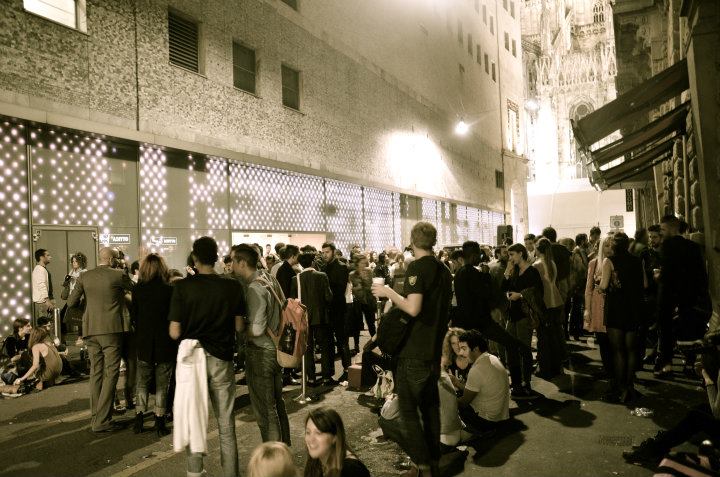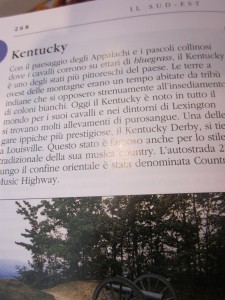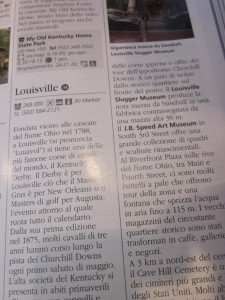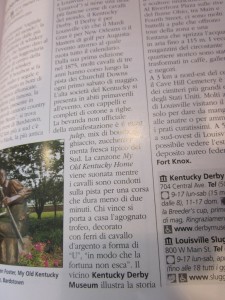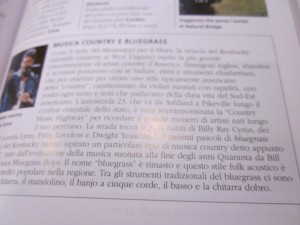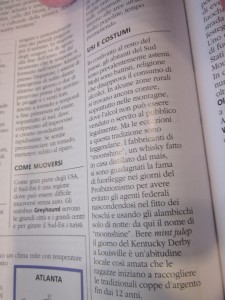You can’t revisit your childhood, because it no longer exists, I told myself.
— Thomas Bernhard, Extinction
Jon Cook from Crain and Rodan, two of my favorite homegrown bands, was finally taken off life support tonight, ending two days of tortuous rumors and speculation. He was a bright spot in Louisville’s underground in the ’90s, which makes his senseless death sadder still. I guess he had been going through a long decay for most of the last decade, maybe longer: drugs, alcohol, dereliction.
Crain’s music was huge; sometimes angry, sometimes delicate, not unlike the people who made it. But more than the music, Jon was a rallying point, someone who repeatedly left our little provincial burg to travel the country in a van, bringing treasure and glory (well, not much treasure — it was rock ‘n’ roll, after all) back to us.
I remember running into him at an all-ages club one cold night in fall 1992. He and Crain had just gotten back from Albini’s studio in Chicago, where they’d recorded songs for a new EP. He was energetic; manic, almost, but who wouldn’t be? Steve Albini was a legend to anyone who played non-commercial pop music in the ’90s; the fact that a kid in a band could just drive up to his studio and record was special, particularly from a teenager’s viewpoint. People like Jon fulfilled that basic need to feel part of something bigger, important to a frustrated adolescent.
Jon was a friendly and kind man. Bands wanted to come to Louisville because in the ’90s he brought every touring act on the indie circuit — from Fugazi to the Jesus Lizard, from the Riot Grrl! bands to the Rollins Band, from Sleepyhead to Hammerhead — to Louisville and let them stay in his mom’s house, where she’d make them hearty spaghetti dinners.
Later, the old Victorian mansion he owned called the Rocket House became a sort of creative crash pad. There was always a band playing there, or maybe staying there while on tour, and the walls were festooned with the numbers and names of virtually everyone in the ’90s underground — Ian McKaye, Kathleen Hanna, Jenny Toomey, Corey Rusk — written in magic marker. If you stopped in, you might see Jeff Mueller making a sculpture out of junk, or you could hand Bob Weston your joke band’s demo, or you might end up as the extra in an indie movie, or you could hang out with older, perhaps not-always-wiser people.
But what I didn’t think of as a teenager was that Jon Cook had a Victorian mansion at age 21 because his own dad had passed away, I think, in a house fire started by a cigarette. I met his mom, Peggy, on several occasions. She was nice, too, and I thought it was funny that a woman my mother’s age would pour me such stiff gin and tonics. Maybe there’s something to be learned there that I still don’t know.
Back in the ’90s, I heard he was supposed to take meds but didn’t. I heard a lot of stuff. I heard he wrote a novel. He definitely drew cartoons. He kept making music. Once, I walked into a bar and saw him play on guitar, unaccompanied, a song written by a friend of mine that I didn’t think anyone else knew very well. He played it beautifully, and then indie legend Lou Barlow got on stage and played. And then Jon was nowhere to be seen. The last time I saw Jon was in summer 2010 and he seemed friendly — too-friendly; unbalanced. I got spooked, and I took off.
We have an idea that someday, we can go home and things will be a little bit like they were when we left. But the people that defined my home keep leaving for good. Tony Bailey, Jason Noble, now Jon Cook — these people who were larger than life once keep leaving life behind. What they leave behind is a gaping void.
Goodbye, Jon. Rest in the peace that seemed so hard for you to find, and rest knowing that for the brief period you were on this planet, it was a better place.


